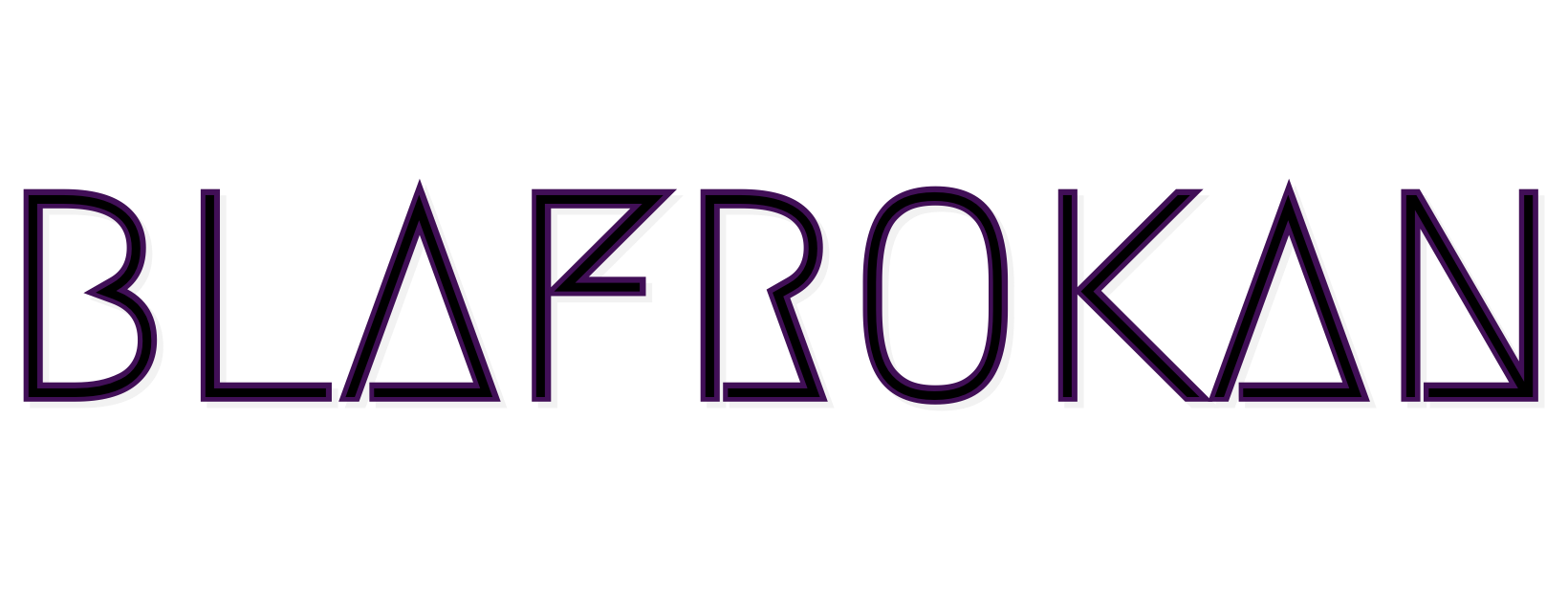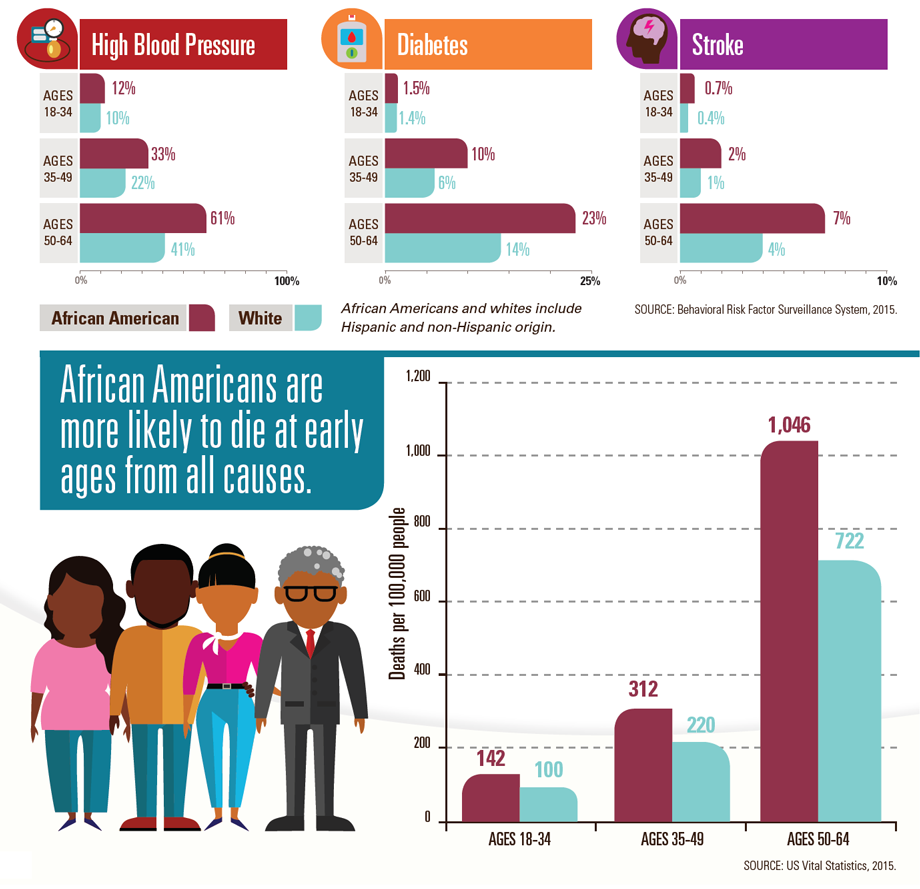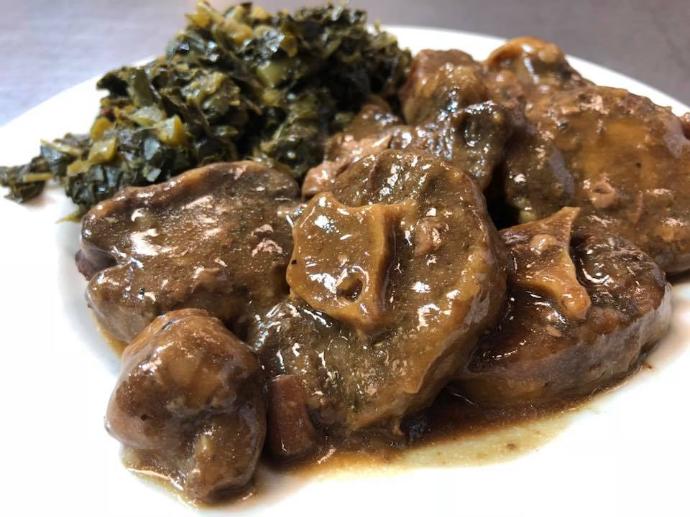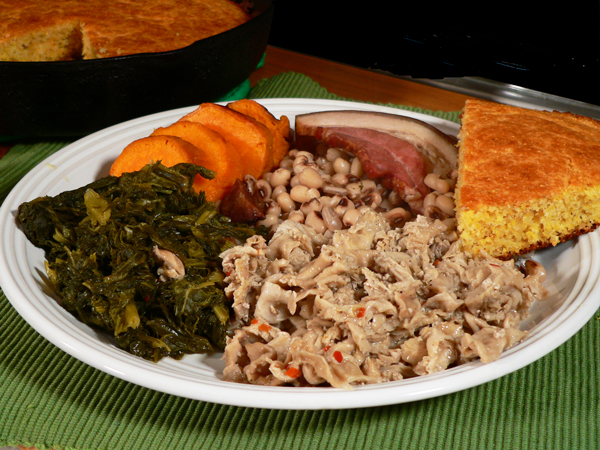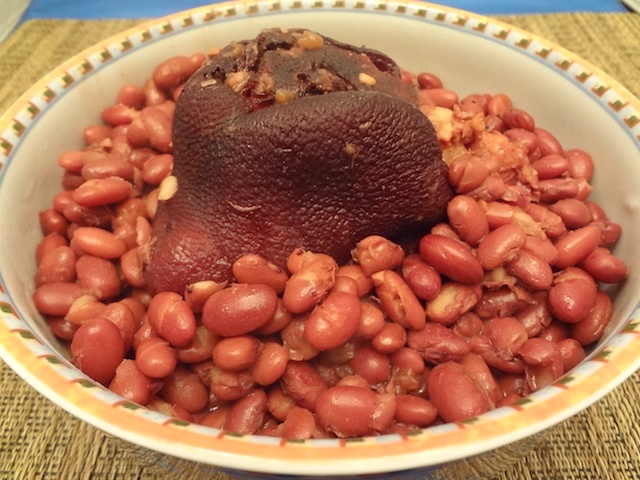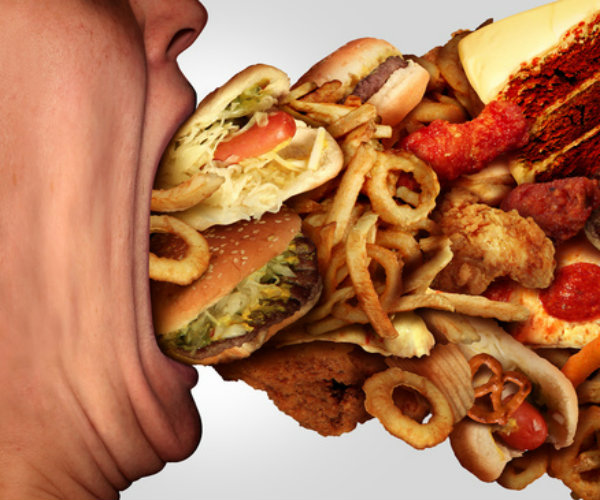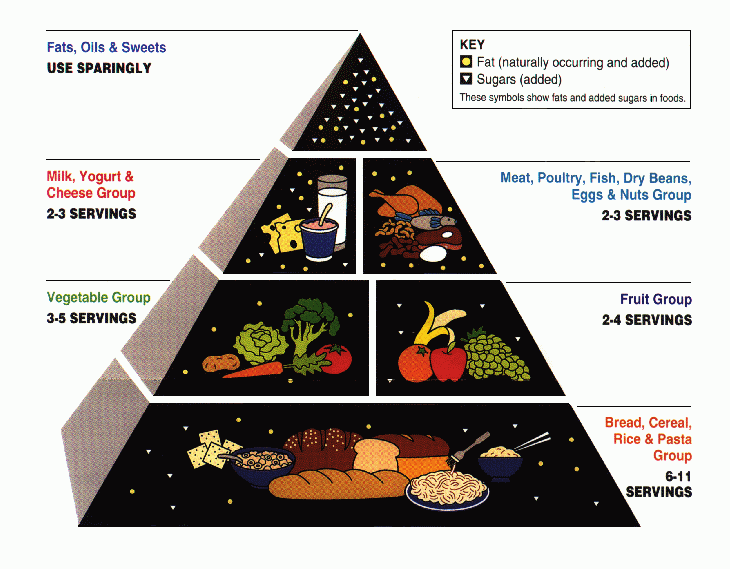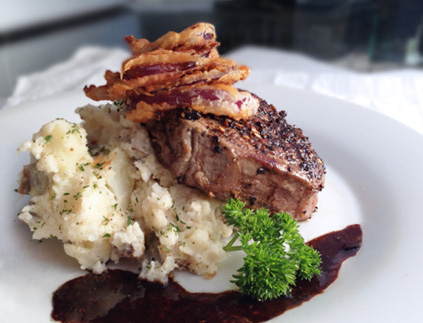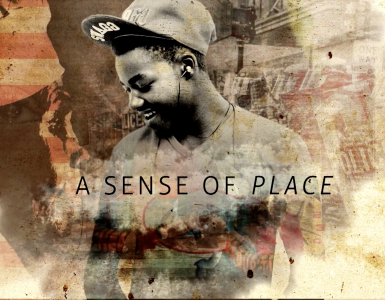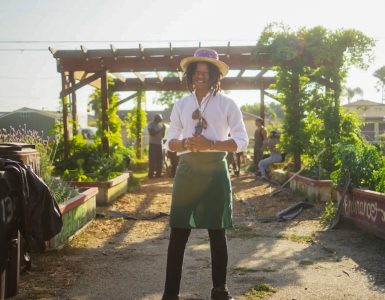Current Food Culture:
How many family members and friends do we know living a reduced quality of life? They pass over the theme park vacation because it’s too much walking, experience shortness of breath from light activity or are confined to a sedentary lifestyle due to being overweight, high blood pressure, diabetes or other dietary related illnesses? How many dear loved ones have we buried early in mid adulthood, 40’s, 50’s and 60’s from heart attack, stroke and other medical complications resulting from a life of eating soul food, also known as slave/plantation food? What impact does untimely losses of beloveds have on our families and communities? Why is the demise of our physical well being seemingly normalized and accepted in the community?
The documentary Post Traumatic Slave Diet (PTSD) examines how African Americans, a people who once represented the epitome of strength and optimal health, have now become some of the most unhealthy and chronically dis-eased people in the world. While slave culture is the premise of modern African American dietary ‘traditions’, continental Africans, Africans from Europe, the Caribbean, and Latin America are not exempt from the spread of the modern Slave and Colonizer Diet. Those choosing KFC, McDonalds and any other fast food or cheap food are looking at the same health challenges.
Slavery: From Physical To Mental
What is slave food? According to the PTSD it is simply “food stuff” depleted of nutrients if any at all. It is “stuff” that kills rather than heals the body. Captured Africans, viewed as less than animals by the enslavers were forced to literally eat slops (corn meal/ mush) from the time they arrived as captives. Africans had to prepare meals from the remnants of unwanted pig parts, such as pig feet, snout, ears, intestines “chitterlins,” neck bones etc. Meals were heavily salted to make them somewhat palatable, these dishes became what is now called “soul food.”
Now that we’re physically free we must question, “why are we still eating like slaves?” The connections to plantation consciousness from our grandmothers recipes encapsulate a slave mentality of cooking traditions passed along from one generation to the next with minimal variation. We eat what mama cooked, which is what her mama cooked and so forth, however there are other components. African Americans represent the economic class the is targeted for exploitation; living in food deserts, and exposed to mass media propaganda campaigns to increase our consumption of fast/connivence foods and prepackaged junk foods.
Neither the Food and Drug Administration nor the Department of Agriculture have addressed African American nutritional deficits and access to appropriate diets. They have never addressed the centuries long starvation that characterized Slavery. “The Slave Health Deficit” argues that African Americans health status in the U.S. is largely a result of generations of slave-diets now resulting in marked disparities in Health status between Blacks and those not-enslaved. As such African Americans are now confronting deliberate deceptions in the form of psychological warfare. Even the The U.S. government’s Food Pyramid advocates a nutritional regimen that has dubious benefits for African people because it emphasizes european food preferences, grain and dairy products, and many African people cannot properly digest milk.
Western Diet and Sickcare Industry VS African Prevention and Healthcare:
The path to health is not to go from the plantation to the big house. – Milton Mills, MD.
What the european culture has offered people is a western diet which is antithetical to African health, and sickcare “healthcare” system which is based on treating symptoms rather than healing. Pushing pills backed by major pharmaceutical companies is the prescription instead lifestyle changes for wholistic well being. What must also be duly noted is Europeans are not the measure nor standard for African people’s health. There are genetic differences in our bodies. Our collective health measurements should be based on the historical fact we typically lived longer and healthier than any other people until the enslavement and colonization?
Western Medicine is designed to keep us eating a poor diet. – Khepra Anu
What is greatly appreciated is how PTSD addresses the paradoxical european “healthcare” industry in a manner which makes it plain and evidenced by facts.
Dr. Milton Mills reminds us, “dis-ease doesn’t just show up, it gives warning signs.” Bayyinah Bello once spoke of the importance of reclaiming one’s African cultural and spiritual practices noting how we once knew and understood “you are your first doctor. No one knows your body better than you.” The importance of self knowledge and examination, positions you to recognize changes in your body immediately more accurately pinpoint the causation. Western society posits we look to and depend on others for our own health.
Make a Decision:
Blackness isn’t going to save you. – Tassali Maat
We often say and hear, “Black don’t crack” but oh, it does crack internally. Perhaps the crack is spiritually and/or mentally, from there it manifests itself physically in the form of dis-ease and our self serving behavioral patterns. Upon our confrontation of correct information we must make a decision: eat to live or eat to die? We can count on no one to save or repair ourselves but ourselves. We must ask, “is my life worthy of changing my diet?” How can I, my family and community profit from my healthy lifestyle?
BLAFROKAN implores you to “Sankofa” / Reclaim your optimal health by remembering the basic purpose of food is sustenance, not sauces. African people have survived longer than any other people on earth through mastery of self, self-discipline and continuous un-ceasing vigilance over our collective well-being. The detoxification and transition back to Optimal Health may be uncomfortable, forcing us to for-go favorite flavors of our flawed fare. But really living means being fully conscious of and pursuing goals and dreams for ourselves, our children and families, and our communities. We are worth it.
SOul Food: Royal African Lifestyle
Good food ain’t cheap and cheap food ain’t good. – Jamal Safee-Ullah
What is very exciting about the PTSD documentary is how it maps out our dietary revolution to food that will jog our ancestral tastebuds, food we can enjoy. SOuL food aka Sol/Sun foods.
The myth that “its too expensive to eat healthy” is rebutted everyday by the price we pay later, laboring under poor health and chronic pain. The reality is you pay now or pay later, either way you are going to pay. How that payment is made is up to us.
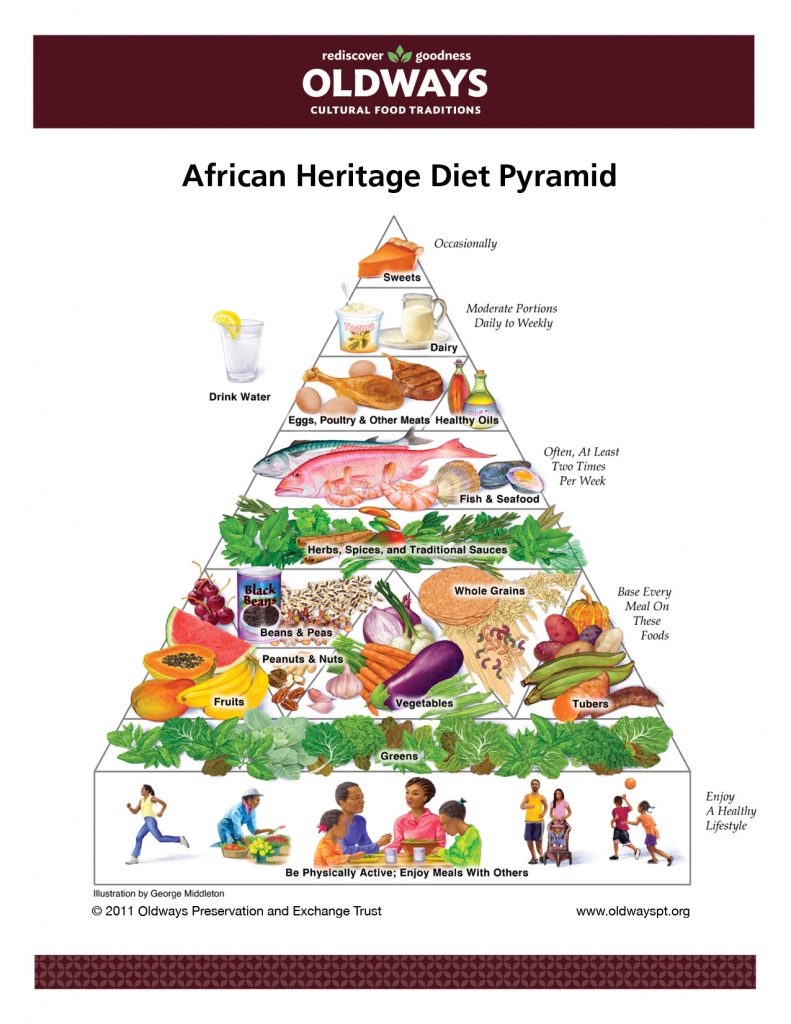
Solutions and Resources: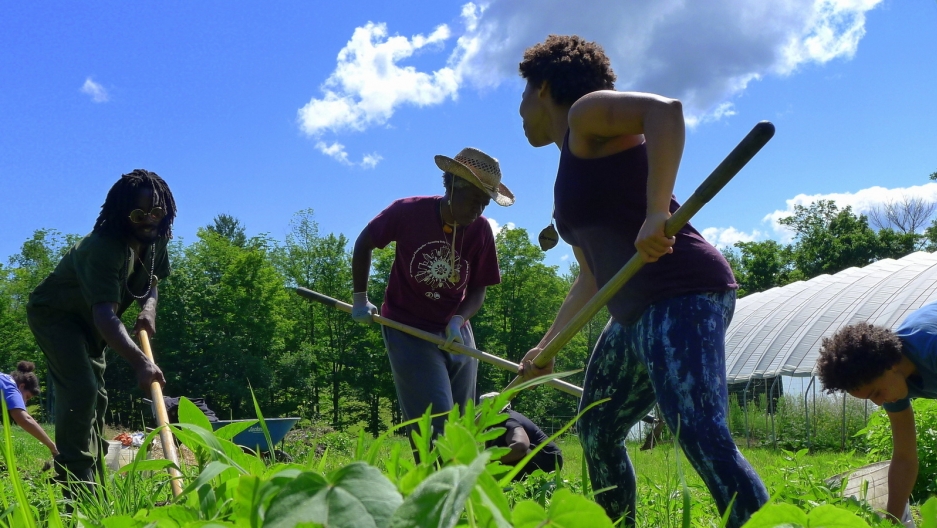 Sometimes the solutions and resources are starring us in the face but we can’t see them. All of life’s distractions and stresses of living in America while Black fog our vision.
Sometimes the solutions and resources are starring us in the face but we can’t see them. All of life’s distractions and stresses of living in America while Black fog our vision.
While we may be short on time we can cut back our time on social media and entertainment to prepare home cooked meals and prep meals for throughout the week. We can shift our focus to learning some healthy tweaks when preparing our favorite recipes from grandmama. We can deepen our relationships with those we know by participating in maintaining or building a community garden or backyard garden. Getting out of the house in fresher air and a bit of sun does wonders from our mental and physical health. We were made into slaves not by choice, however it is only us that can reclaim true freedom.
Byrd, W. Michael and Clayton, Linda A. (1991). The ‘Slave Health Deficit’ Racism and Health Outcomes. Health/PAC Bulletin., 25-28
